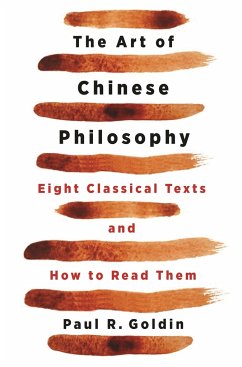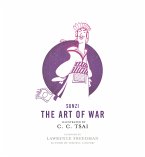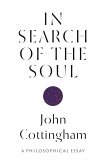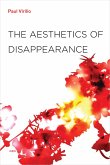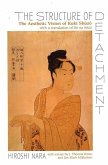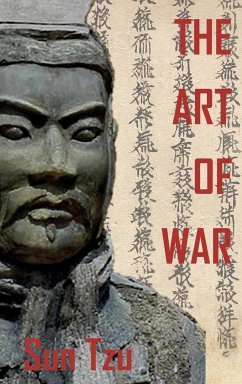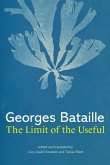"In this book intellectual historian Paul Goldin presents a history and interpretation of the eight most important classical Chinese philosophical texts and schools of thought associated with them: the Analects, Mencius, Mozi, Zhuangzi, Sunzi, Xunzi and Han Feizi. These eight texts represent the core of ancient Chinese thought and are usefully studied in conjunction as they continually respond to one another's arguments. They have also exerted outsize influence on both the history of Chinese philosophical thought, and intellectual life, and remain widely read today. Goldin aims to strike a fundamental balance: paying due attention to the historical circumstances of each text's transmission, without losing sight of its animating ideas. A significant fact (and one which differentiates these texts from the vast majority of Western philosophical texts) is that not one of the eight texts was written in its present form by the philosopher to whom it is attributed. Goldin thus begins the book by asking the basic question "What are we reading?" while also considering why it has been so rarely asked. Yet far from denigrating Chinese philosophy, he argues that liberating these texts from the mythic idea that they are the product of a single great mind only improves our understanding and appreciation. By no means does a text require single and undisputed authorship to be meaningful; nor is historicism the only legitimate interpretive stance. The first chapter takes up a hallmark of Chinese philosophy that demands a Western reader's cognizance: its preference for non-deductive argumentation. Chinese philosophy is an art (hence the title) he demonstrates, more than it is a rigorous logical method. Then comes the core of the book, eight chapters devoted to the eight philosophical texts divided into three parts: Philosophy of Heaven, Philosophy of the Way, and Two Titans at the End of an Age. In a final section Goldin explains the versatile concept of qi (chi), which played a central role in Chinese philosophical thought (as well as the martial arts) and which was thought to be the animating life force of nature and the control of which the key to philosophical wisdom"--
Hinweis: Dieser Artikel kann nur an eine deutsche Lieferadresse ausgeliefert werden.
Hinweis: Dieser Artikel kann nur an eine deutsche Lieferadresse ausgeliefert werden.

